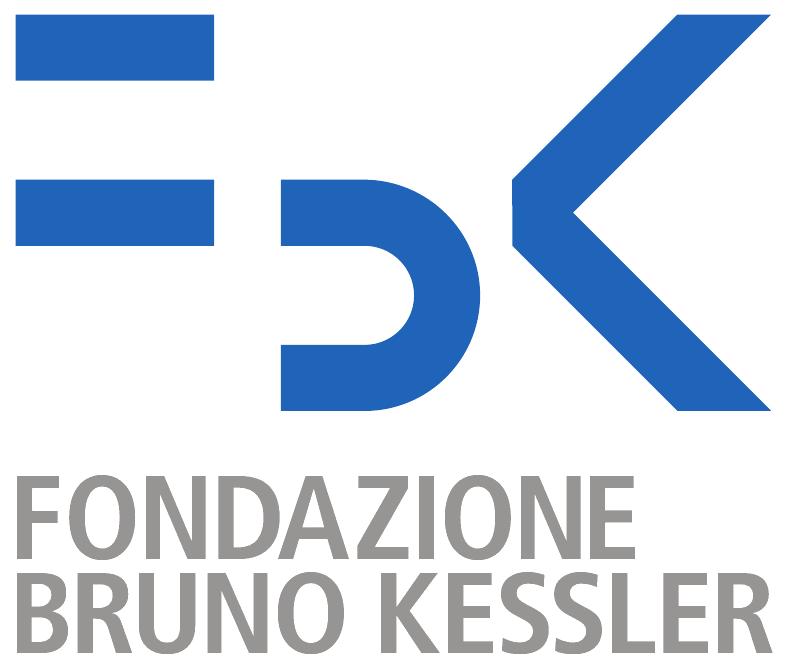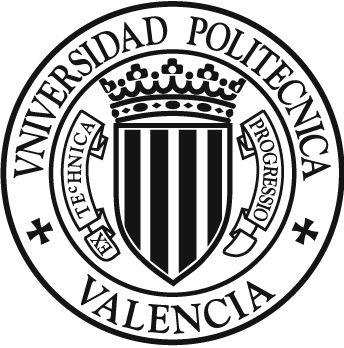FITTEST Project
Project Description
FITTEST is an European project (2010-2013) that will develop an integrated environment for the automated and continuous testing of Future Internet Applications. The Future Internet will be a complex interconnection of services, applications, content and media, on which our society will become increasingly dependent for critical activities such as public utilities, social services, government, learning, finance, business, as well as entertainment. Consequently, Future Internet applications have to meet high quality demands. Testing is the mostly used quality assurance technique applied in industry. However, the complexity of the technologies involved in the Future Internet makes testing extremely challenging and demands for novel approaches and major advancement in the field.
The overall aim of the FITTEST project is to address these testing challenges, by developing an integrated environment for automated testing, which can monitor the Future Internet application under test and adapt to the dynamic changes observed. The environment will implement continuous post-release testing to address self-modifiability and run-time adaptation of Future Internet applications. Since services can be dynamically discovered and added, intended use of the application can change after release. The environment will integrate, adapt and automate various techniques for continuous Future Internet testing (e.g. dynamic model inference, model-based testing, log-based diagnosis, oracle learning, combinatorial testing, concurrent testing, regression testing, etc.).
The environment will make use of evolutionary search based techniques, to make it possible for the above mentioned techniques to deal with the huge search space associated with the Future Internet testing challenges. In this way, we can address new, emerging or unexpected behaviour that may originate from the dynamism, autonomy and self-adaptation. FITTEST results will be evaluated with case studies using real Internet systems like virtual worlds, social networking, highly scalable service providers and a SaaS enabled CASE tool, that are highly relevant to the Future Internet vision.
General information
EU project no: 257574 FP7: ICT Software & Service Architectures and Infrastructures (http://cordis.europa.eu/fp7/ict/ssai/home_en.html)Project coordinator







